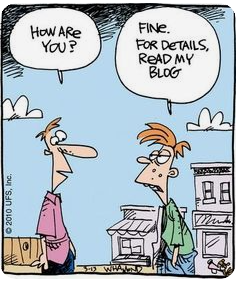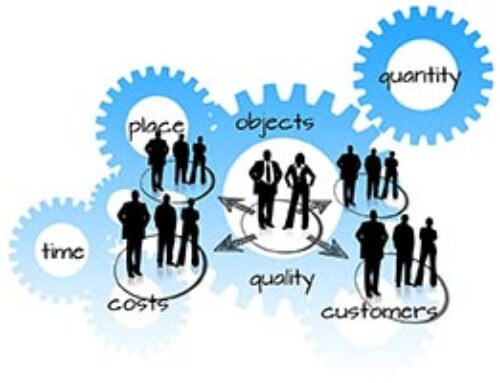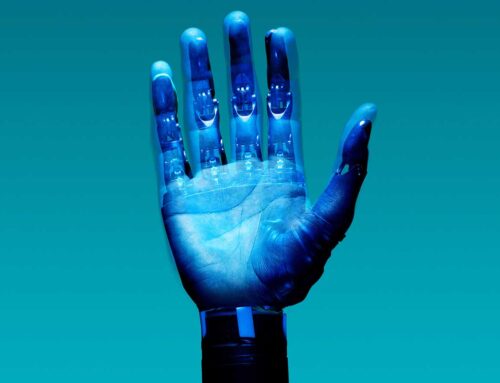 ……This Week in HealthCare
……This Week in HealthCare
By Fred Binczewski | MHA fredb@uprisecg.com | Click Here to download this article (pdf).
March 8, 2021
Social Media and the Positive and Negative Impact on Healthcare
In this issue of …This Week in HealthCare, we will discuss the implications of utilizing Social Media within the framework of today’s healthcare environment. This week’s newsletter will also bring attention to the positive as well as negative impact social media has brought in a time of pandemic issues and going forward. We dedicate this newsletter to all the professional healthcare individuals who bring invaluable compassion and skill sets to the individuals who may need it the most. This covid pandemic has brought many issues of mental health implications and how many of our population have had to deal with instances of loneliness, self esteem and anxiety. It is to these individuals that we sincerely hope that social media will have the most positive healthcare impact going forward.
Let’s first discuss the definition. Socialmedia is a collective term for websites and applications which focus on communication, community-based input, interaction, content-sharing and collaboration. In most forms of business, social media is used to market products, promote brands, connect to current customers and foster new business. In terms of customer feedback, social media makes it easy to tell a company and everyone else about their experiences with that company, whether those experiences are good or bad. The business can also respond very quickly to both positive and negative feedback, attend to customer problems and maintain, regain or rebuild customer confidence. Social media has become larger and more accessible thanks to access to mobile applications such as Twitter, Facebook and LinkedIn.1

Now let’s align these tools with the healthcare environment. Social media is one of the most popular channels used by healthcare providers to communicate with their patients and promote health. According to Patient Empowerment Network, 99% of hospitals in the United States have an active Facebook page.2 Some of the positive benefits of utilizing social media for healthcare purposes include the opportunities for the industry as a whole to share information. This includes sharing new technologies, procedure improvements, research, policy and health issues. It will only be a short time before we know the value of social media as it has pertained to the covid pandemic information sharing as well as the rollout of the vaccination protocol. One of the greatest mutual benefits for healthcare and social media has been the ability for physicians and providers of all types to interact with their patients, building a positive virtual relationship. From the comfort of your home, there are no longer lines to wait in to see your doctor. Real time visits virtually are now the norm.3 To insure safety virtually, HIPAA Compliance, which dictates regulatory rules concerning privacy, security and integrity of confidential health information across this platform must be followed.
Since social media has become such an accessible tool, there can be some negative fallout as well. Some of these include blogging to include false information or defamation of character. This may constitute virtual abuse of a practitioner or other healthcare professional or organization. Using other platforms to friend request a physician outside of an official organizational website could carry reputational damage if comments or descriptions are falsely stated. Information and data bases can also be stolen, improperly annotated or used fraudulently.
Finally, for many adolescents as well as older individuals, social media can become an addiction stronger than cigarettes or alcohol. This may particularly be the case for introverted young people where it can replace social interaction and destabilize personal relationships or those receiving negative feedback online, creating a dependency for further feedback. Nothing could be truer than now during this pandemic. Some qualitative studies have shown that dependency on social media can have consequences such as poor sleep patterns within young people, often to the detriment of their performance in school and during exams.4 Social media ultimately must have a keen responsibility to seek ways to improve its existence in this communicative environment that has implications for healthcare and its’ receivers of health and services.
In closing, we at ….This Week in HealthCare and Uprise Consulting Group would like to thank all of our social media and website followers in respect to this forum for discussion and feedback.
Stay safe and diligent. See you all next time…….This Week in HealthCare
References
1 TechTarget, WhatIs.com
2 Patient Empowerment Network
3 Dr. Michael Thompson, University of Wisconsin
4 Center for Mental Health, Briefing 53
To learn more about how we can help you with this topic or other healthcare questions please send us a message at the following: info@uprisecg.com
Uprise Consulting Group, Inc., Eliminating Denials Today, Tomorrow and into the Future.
Together, we are paving a road for the Best Patient Experience. Learn more at www.UpriseCG.com
Visit us on LinkedIn, Instagram,Twitter and Facebook





